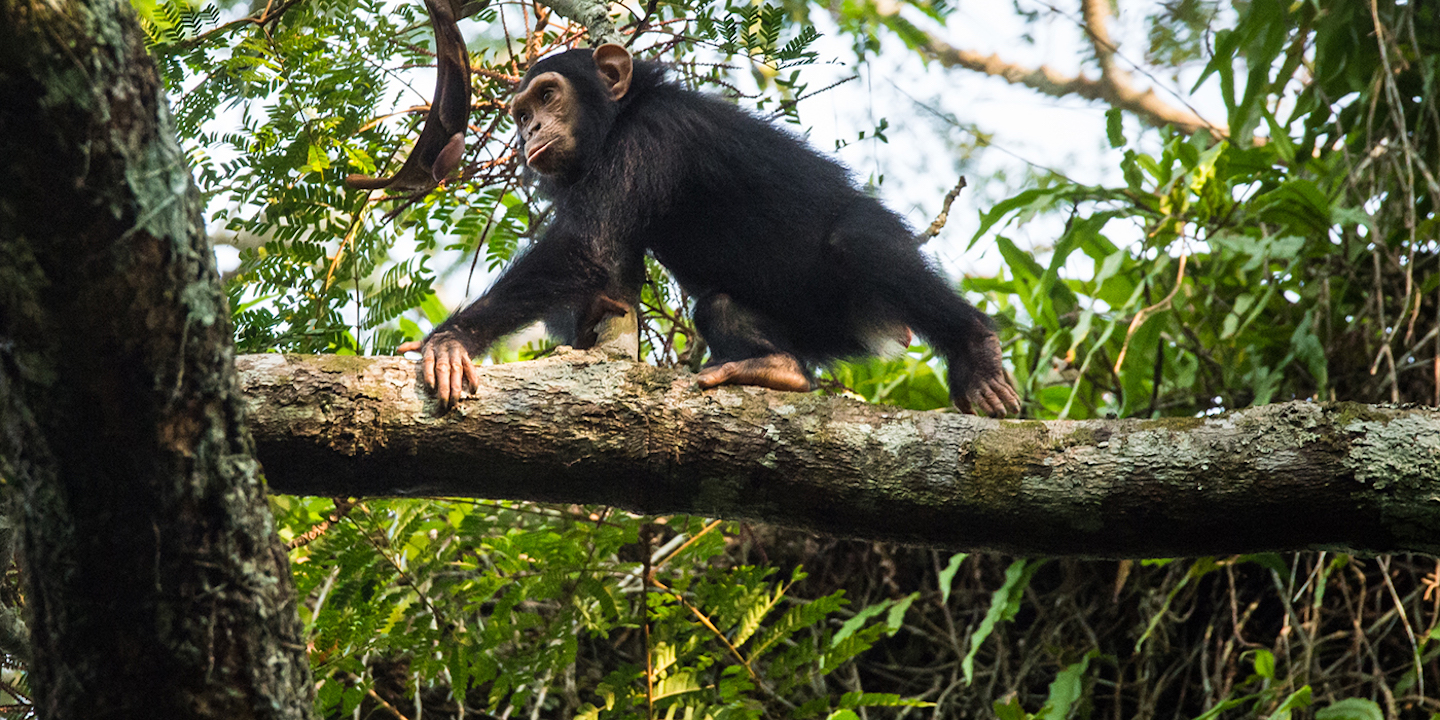A long-term study led by primatologist Crickette Sanz at Washington University in St. Louis reveals the first evidence of lasting social relationships between chimpanzees and gorillas in the wild.
Drawn from more than 20 years of observations at Nouabalé-Ndoki National Park in the Republic of Congo, researchers documented social ties between individual chimpanzees and gorillas that persisted over years and across different contexts. The research was conducted by scientists from Washington University, the Wildlife Conservation Society, the University of Johannesburg (South Africa) and Lincoln Park Zoo (Chicago) and is reported in the journal iScience.

“There are few (if any) studies of interactions between primate species that have been able to take the identity of individuals into account,” said Sanz, a professor of biological anthropology in Arts & Sciences. “It has long been known that these apes can recognize individual members of their own species and form long-term relationships, but we had not known that this extended to other species.
“An example of what we found might be one individual traveling through a group of the other species to seek out another particular individual,” she said. “We were also able to document such interactions over time and in different contexts in this study.”
Most people do not realize that the majority of remaining gorillas and chimpanzees reside together.
